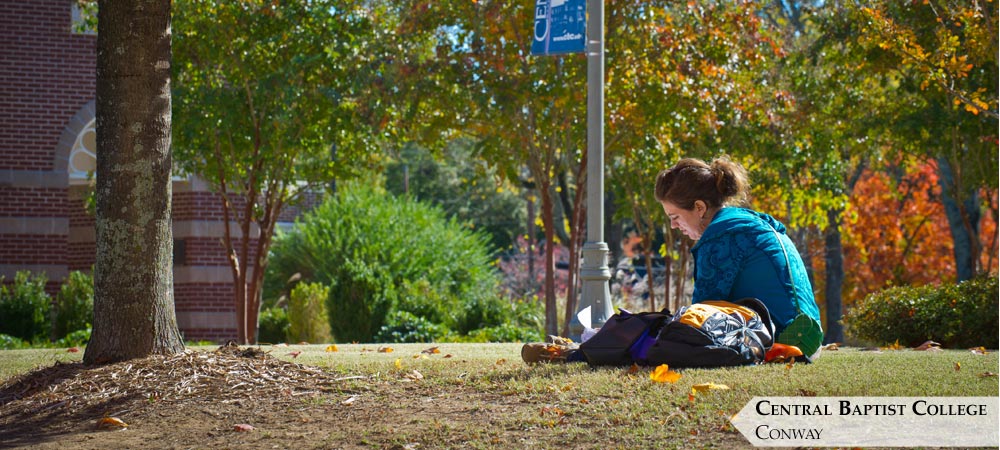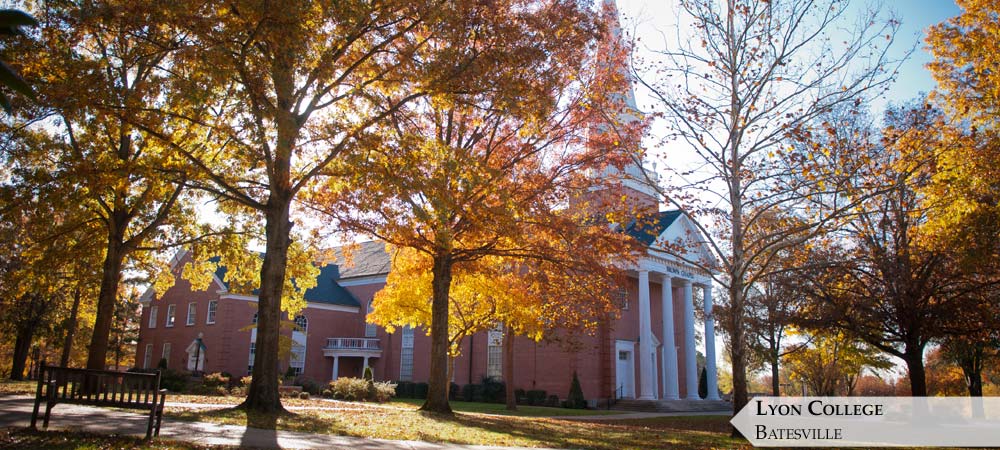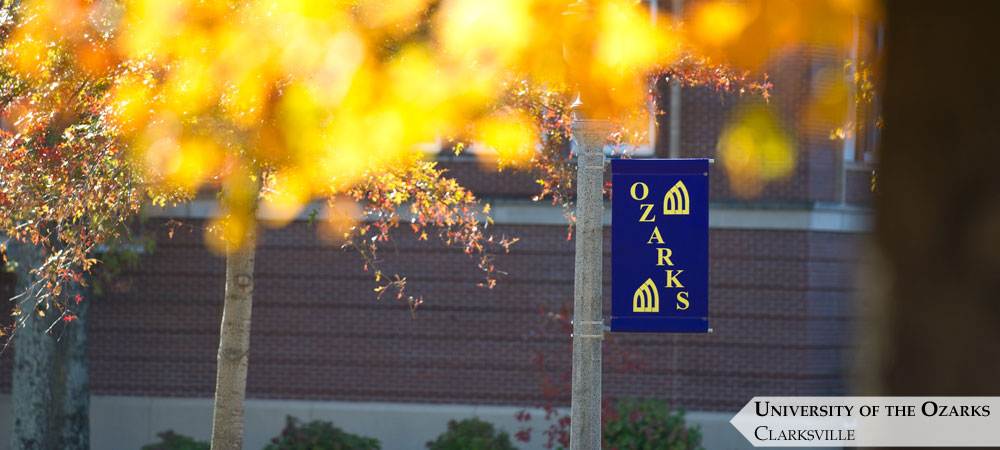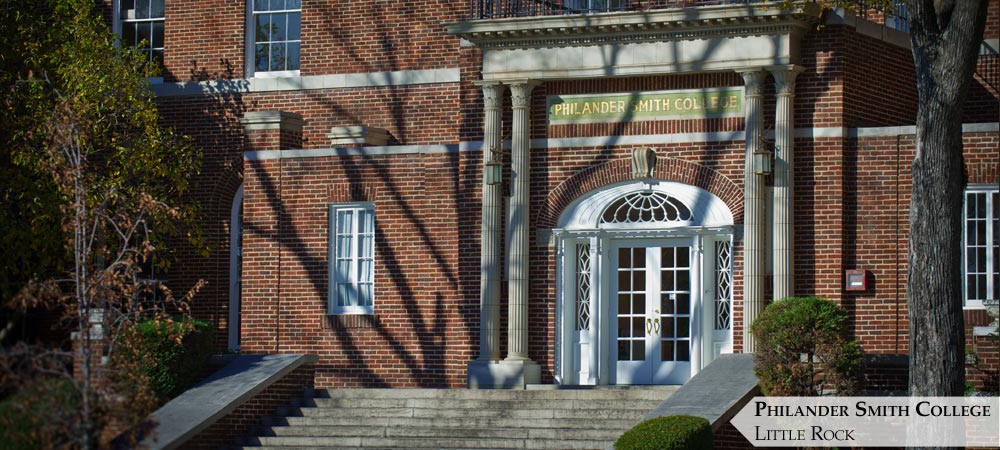Lyon College faculty don’t take the summer off from education.
In addition to conducting research and teaching summer courses, several Lyon faculty have played active roles in developing and conducting the scoring of Advanced Placement (AP) exams. High scores on these exams can translate to college credit for high school students.
Associate Professor of Psychology Drs. Jennifer Daniels and Assistant Professor of Psychology/Education Nikki Yonts have been helping set and maintain the standard for AP Psychology exam scoring for the past 10 years.
“This is my 10th year and Nikki’s 8th,” said Daniels. “We have served at every level of the scoring process, and cumulatively we’ve been doing this for almost two decades.”
Yonts said they have been primarily involved with scoring the essay portions of the exam. Typically, one question will cover psychological concepts, and the other question will be research and data-focused.
Daniels said the AP exam questions encourage “exactly the kind of critical thinking we want to see in any level of college student.”
Before the COVID-19 pandemic forced the process to go virtual, Yonts and Daniels would travel to major cities and work alongside teams of college professors and AP Psychology teachers for the live reading of the exam. The teams would live on-site for nine to 16 days, discussing how to accurately award credit on the exams.
“These live readings are some of the best professional development experiences I’ve ever had,” said Yonts.
She continued, “It has made me a better instructor in the classroom myself, not just in Intro to Psych but in all my classes in terms of understanding how to effectively assess a student’s level of learning.”
Switching to a virtual exam process has made some of the behind-the-scenes work a little invisible, Daniels said. Previously, the AP Psychology exam process would bring together about 600 readers and 80 table leaders in one huge room.
This June, Yonts and Daniels worked from 9 a.m. to 6 p.m. every day, first editing scoring guidelines which were then used to find representative training samples. The second part of the month was spent making sure table leaders had what they needed to monitor their teams of readers throughout the seven-day scoring process.
“It’s fascinating how physically exhausted you can get from having your brain going all the time,” Daniels said, laughing.
Yonts said they would sometimes go to Bryan Lake or walk around Couch Garden during their two breaks because they “couldn’t look at a screen anymore.”
“We’re doing some of the training, too. They tell you it’s ‘high intensity’ from the start,” Daniels said. “You have to be willing to commit to this job. It’s your focus for the summer.”
“If we didn’t see something else worthwhile in it, I wouldn’t do it,” said Yonts.
She said the scoring process is a perfect example of the “collaborative learning” that Lyon promotes.
“We don’t do these in isolation,” Yonts said. “We have a goal and have to work with our team to reach that goal.”
“Everyone hates group projects, but life is a group project,” said Daniels.
Daniels said the process involves a lot of negotiation and “perspective taking,” where one professor will address why they interpret a specific concept the way they do.
“You may have a college teaching assistant who teaches Psych 101 once a year interpret a prompt one way,” Yonts said, “but a high school teacher who teaches AP Psych four times a year will have another view.”
“We always encourage perspective taking in our classes,” said Daniels. “It’s not just about having a diversity of ideas. It’s how we reach agreements and get things accomplished.”
She continued, “As professionals, we are civil to each other even in the midst of arguments.”
“That’s something we want our students to learn how to do,” Yonts said.
Daniels is very proud of the work she, Yonts and other Lyon faculty have done with the AP program.
“I think it’s high time we recognize just how much this is professional development and not just a job,” she said.
Yonts agreed, saying summer is not just a time for faculty to do research.
“I think it is so important for this community to recognize that quality teaching is something we value here so much that we take a full month out of our summer vacations to hone that craft.”
Dr. Melissa Taverner, Provost at Lyon College, said being an AP reader in any subject requires significant time and dedication not only to the essay scoring but also to the training, preparation and collaboration with professionals from all over the world.
“It truly is an opportunity to affect how the pre-college curriculum is structured and delivered,” Taverner said, “and provides insight to the scorer into the state of student preparation prior to matriculation.”
She continued, “It helps those of us working at the college level to meet our students where they are as freshmen and bring them to the next level of understanding.”
Yonts said her hope is that more high school students will take AP Psychology classes, among others.
“I’m excited when I see students coming in with that AP credit because I, and several other Lyon faculty, know what it means.”










